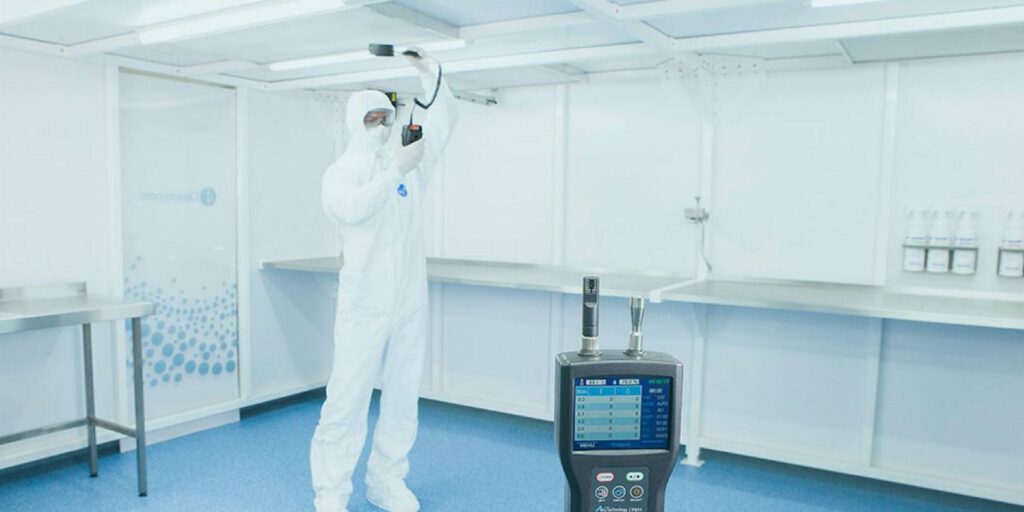How Indoor Air Quality Testing Can Improve Health

Indoor air quality (IAQ) plays an important role in our overall health and well-being. Many people spend a significant portion of their time indoors, making the quality of the air we breathe at home, in the workplace, or in public spaces essential for physical and mental health. Indoor air quality testing is a proactive approach that can identify pollutants and allergens, leading to improvements in health and comfort. Here’s how indoor air quality test can have a positive impact.
Identifying pollutants:
One of the primary benefits of indoor air quality testing is its ability to identify harmful pollutants. Common indoor air contaminants include volatile organic compounds (VOCs), particulate matter, carbon monoxide, mold spores, and allergens such as dust mites and pet dander. By pinpointing these pollutants, testing allows homeowners and businesses to take appropriate actions to reduce or eliminate them.
Reducing respiratory problems:
Poor indoor air quality is often linked to respiratory problems, including asthma, allergies, and other chronic conditions. Testing can reveal high levels of airborne allergens and irritants that may exacerbate these issues. By identifying sources of pollution, such as mold growth or chemical emissions from household products, individuals can implement targeted strategies, such as improved ventilation, air filtration systems, or remediation, to reduce exposure and alleviate symptoms.
Improving mental well-being:
The quality of indoor air also affects mental health. Studies have shown that poor IAQ can lead to increased stress, fatigue, and decreased cognitive function. Testing provides valuable data that can help create a healthier environment, nurturing better focus, productivity, and overall mood. By ensuring clean, fresh air, individuals can improve their mental clarity and emotional well-being.
Preventing long-term health risks:
Long-term exposure to indoor air pollutants can result in serious health issues, including heart disease, respiratory illnesses, and even cancer. Regular indoor air quality testing can help identify health risks before they become significant problems. By addressing issues quickly, individuals can mitigate long-term health consequences and ensure a safer living or working environment.
Empowering informed decisions:
Lastly, indoor air quality testing empowers individuals to make informed decisions about their living and working environments. With clear data on air quality, people can choose appropriate air purification systems, adjust their cleaning products, and implement better maintenance practices, ensuring they are taking effective steps to improve their air quality and health.




